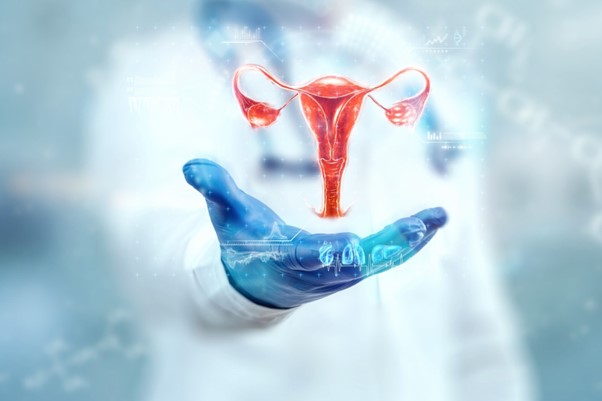Pelvic inflammatory disease is an infection of the female reproductive organs, including the uterus, fallopian tubes, and ovaries. If not treated promptly, it can cause serious complications such as chronic pelvic pain, scar tissue formation, ectopic pregnancies (where a fertilized egg grows outside the uterus), and infertility. Additionally, PID can become a recurring issue if left untreated making it crucial to recognize the symptoms and seek medical care promptly.
What Causes PID?
PID is typically caused by bacteria, often the same types responsible for sexually transmitted infections (STIs) like chlamydia and gonorrhea. When these bacteria travel from the vagina into the reproductive organs, they can cause infection and inflammation. While STIs are a common trigger, it’s important to note that PID can still occur in the absence of an STI.
Who is at Risk for PID?
- Women under 25 who are sexually active.
- Women of childbearing age.
- Women who use intrauterine devices (IUDs), especially within the first three weeks of insertion.
- Women who frequently douche, which can disturb the natural balance of bacteria in the vagina.
What Are the Symptoms of PID?
The symptoms of PID may vary from person to person, but common signs include:
- Tenderness and pain in the lower abdomen or pelvis.
- Increased, foul-smelling vaginal discharge.
- Chills and Fever
- Nausea, vomiting, and pain during urination.
- Pain during sexual intercourse.
- pain in the Upper right belly
If you're experiencing any of these symptoms, it's crucial to see your healthcare provider as PID symptoms can be similar to other conditions.
How is PID Diagnosed?
Diagnosis usually begins with an evaluation of your medical history and a pelvic examination. To confirm the presence of PID, your healthcare provider may conduct additional tests, including:
- A microscopic analysis of vaginal and cervical samples.
- Blood tests to detect signs of infection.
- Ultrasound imaging to visualize the reproductive organs.
- A laparoscopy (a minimally invasive procedure) to get a closer look at your reproductive organs.
- In some cases, a test called culdocentesis may be done to take a sample of fluid from the pelvic cavity.
How is PID Treated?
PID is primarily treated with antibiotics. If the infection is severe, intravenous (IV) antibiotics may be necessary, which could require a hospital stay. Surgery is rare but may be required in extreme cases, such as when abscesses (pockets of infection) need to be drained. Early treatment is essential to avoid long-term damage to the reproductive organs.
How Can You Prevent PID?
Preventing PID primarily involves minimizing the risk of sexually transmitted infections (STIs). Here are some effective strategies:
- Use condoms to practice safe sex.
- Schedule regular STI testing.
- Refrain from douching, as it can disturb the natural balance of bacteria in the vagina.
- Wipe from front to back after using the bathroom to prevent the introduction of bacteria into the vagina.
Masha Diagnostic Centre is committed to women's health, providing a wide range of testing and diagnostic services to identify and address conditions like PID at an early stage. If you're experiencing any symptoms or would like to talk about prevention, book an appointment today for specialized care and tailored solutions. Your health is important—take control today.


